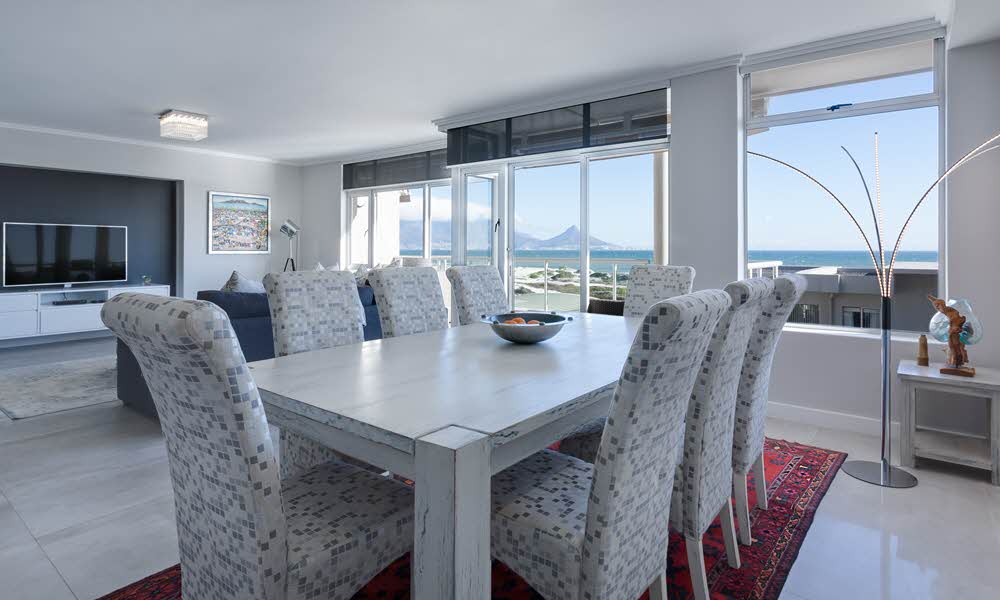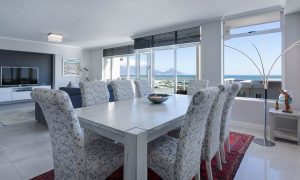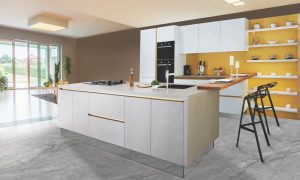With the global move towards environmentally-friendly living, it’s no surprise that many windows and glass doors in homes across the UK are now double glazed. It’s the best way to stay warm in winter, especially as double glazing has great thermal properties. But double glazing is actually a reasonably recent development, prior to 1980, most homes had only single pane windows which offered terrible insulation against the cold.
Keep in mind that even a little bit of heat loss through your windows and doors
means that you’ll be paying more for heat, and it adds up quickly. Poor
performing double glazing can easily cost you a couple of hundred pounds every
year.
And double glazing isn’t just for keeping heat in. It also adds an additional
barrier to outside sounds, greatly reducing the amount of noise that comes in
from the street outside. And they offer an important layer of home security.
Is all double glazing the same?
No, it’s not. Older double glazing does not have a Low Emissivity glass surface and since 2016 this has been the standard supplied by most responsible suppliers.
Low emissivity glass improves thermal efficiency with a surface coating that allows short wavelength heat from the sun to enter through the glazing which works with your heating system to warm up your home. This then gives off long wavelength heat radiation which would usually disappear back out through ordinary glass. But with the low-e coating, that heat is reflected back into the room, which reduces your heating bills as the heating system doesn’t have to work as hard to maintain the correct internal temperature. Low-e glass meets and actually exceeds building regulations.
How does double glazing work?
A double-glazed bifolding door consists of two sheets of glass with a small gap between them. This gap is usually around 20mm and the space is filled with inert gas, usually argon. These inert gasses are used as they have low thermal conductivity (compared to normal air) and are also a cost-effective choice.
Is double glazing safe?
The Government looks to The Glass and Glazing Federation for guidance on the safety standards that they approve for building control. Glass is available in many different thicknesses and each one has a maximum size for the thickness of glass. Depending on location, toughened or laminated glass provides the safety and security required in the industry.
What are the options for frames?
If you’re replacing the windows or doors in your home with a double-glazed solution, you will also need to look at the frames. Windows, in particular, are available in uPVC, wood and aluminium; while sliding doors and bifold doors come with uPVC or aluminium frames. The option you choose will most likely depend on your budget. uPVC is a good choice in the short term if finances are limited, while the lightweight, durable design of aluminium frames makes them the best option overall for long-term performance.
How is the U-value calculated?
When you choose new double-glazed windows or doors, you need to consider their energy efficiency. In the UK, this is measured by the U-value, otherwise, known as the heat transfer coefficient. This calculation looks at the amount of heat that is transferred from one side of the window to the other. A lower U-value means that less heat has been transferred, and correspondingly that the energy efficiency is higher. Often, lower U-value solutions tend to be a bit more expensive.
OK, I understand double-glazing, but should I be looking at triple glazing?
Similar to the way that double glazing works, triple glazed windows use three panes of glass rather than just two and as a result offer better heat insulation, as well as reducing noise from outside coming in. If you’re thinking about installing bifold doors, but live on a busy road, triple glazing might be the best option for your home to keep the heat in and reduce noise. Triple glazing will cost a bit more than double glazing, but the costs have come down quite a bit over the last couple of years.
How can I reduce the noise from cars or trains?
Laminated glass with a sound layer is the best solution if constant road or train noise is coming into your home. Laminate glass reduces noise changing the pattern of sound waves. This is done by using different thicknesses of glass on either side of a sound barrier laminate. Sound, as it passes through the different thickness of glass, changes direction and is reduced by the laminate. Varying the glass thickness will reduce different types of noise.
Choosing to update your home with bifold doors is an exciting step and when you make the right glass choice, it can actually save you a lot of money on energy bills going forward. Our low U-values and excellent workmanship guarantees make installing double-glazed folding doors for your home a great solution.




